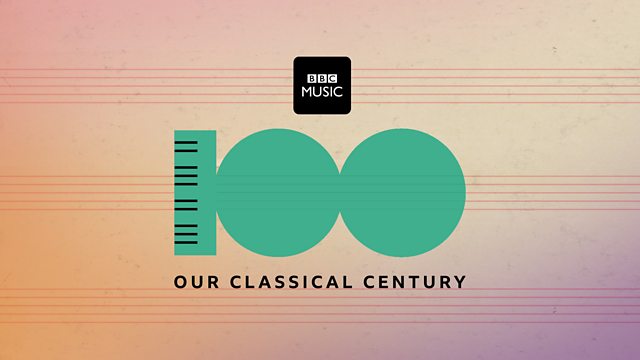
Edward Elgar/Anthony Payne: Symphony No 3
1998 saw the premiere of a symphony by Elgar, more than 60 years after his death.
15 February 1998 saw the premiere of a symphony by Edward Elgar - more than 60 years after his death.
According to friends who heard Elgar playing through early drafts on his piano, the piece has been in its advanced stages shortly before he died. Elgar had seemed pleased with it, too, saying that the symphony was "the strongest thing” he had ever put on paper. The problem was, he didn’t put it all of it on paper. Only 130 pages of the original manuscript still exist.
Elgar was diagnosed with cancer in the autumn of 1933. When he realised he wouldn’t be finishing the symphony, he told one of his friends: “Don’t let them tinker with it, Billy. Burn it!”
Billy didn’t do as he was told. Billy – AKA William Reed, the leader of the London Symphony Orchestra – knew the value of those 130 pages, and he probably knew Elgar’s state of mind when he gave the doleful instruction. And so he kept the manuscript, written out in Elgar’s grandly flowing calligraphy, punctuated with with coffee stains and question marks. Some bars are scribbled out. Phrases are left hanging. At one point, the music just dissolves into a series of hieroglyph doodles depicting little birds and men in Edwardian hats.
Subsequent decades saw plenty of talk about completing Elgar's Third Symphony. Would it dishonour Elgar to go against his wishes? Or was this music that the world needed to hear, regardless? In any case, copyright was running out. As the 20th century drew to a close, the manuscripts would soon be available for anyone to tinker with. So the Elgar family decided the symphony should be finished, and they chose Anthony Payne to make an authorised version.
Payne was no stranger to Elgar’s music. He knew every score inside out, and he loved the Third Symphony so much that he’d already completed the first movement, just to feed his own fascination. But what his new task involved was mind-boggling. Elgar wrote symphonies as if he was doing a jigsaw puzzle, adding in whole sections at later stages. The end was the hardest bit. Elgar hadn’t left manry many clues about his final symphonic statement, so Payne decided to close the symphony quietly - leading the music away “into some new visionary world.”
This is one of 100 significant musical moments explored by BBC Radio 3’s Essential Classics as part of Our Classical Century, a BBC season celebrating a momentous 100 years in music from 1918 to 2018. Visit bbc.co.uk/ourclassicalcentury to watch and listen to all programmes in the season.
This is an archive recording by the BBC Scottish Symphony Orchestra conducted by John Wilson.
Duration:
This clip is from
Featured in...
![]()
The music of Our Classical Century—Our Classical Century
100 recordings to celebrate 100 years of exciting, inspirational, rule-busting music.
More clips from Our Classical Century
-
![]()
Step outside your musical tribe
Duration: 02:49



